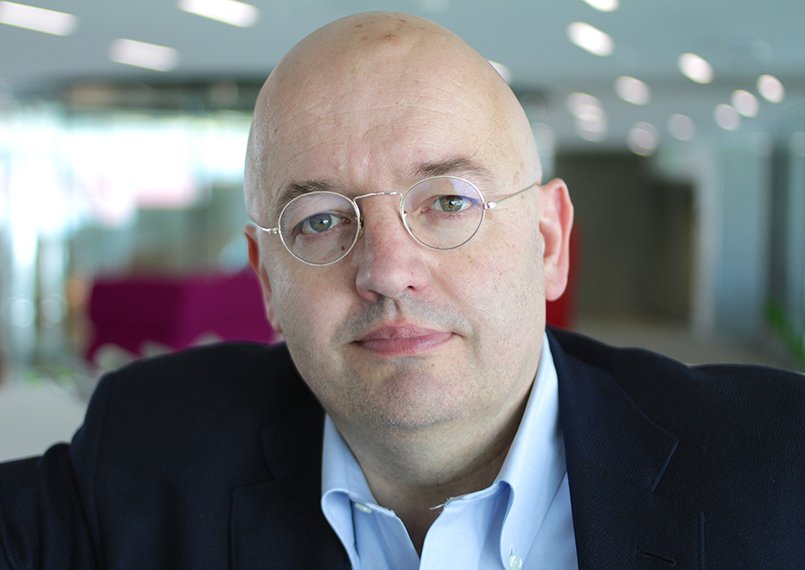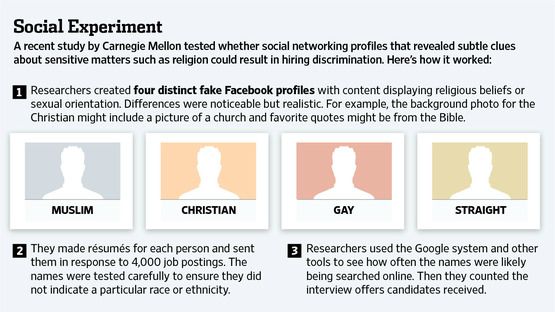
“I saw the limitations of one company,” Peter Bakker reflected when asked about what drives his passion to align global business leaders toward creating a better world.
Mr. Bakker, who has for the past three and a half years served as President and CEO of the World Business Council for Sustainable Development (WBCSD), understands well the contradiction of power and humility felt by so many CEOs.
“Doom and gloom simply is not part of my persona,” he remarked. “Humanity is running out of time. The science on global climate and ecosystem change has progressed a great deal and we now know it’s undeniable that humanity needs to act swiftly. As a problem-solver I’ve always been driven by asking, what are the solutions business can deliver? what barriers need to be circumvented? how can global business concerns be scaled-up to deliver solutions, drive measurable impacts, and in collaboration with multilateral organizations and stakeholders. This is a systems-challenge, one that requires unwavering commitment and leadership. I’ve always felt compelled to take this challenge head-on.”
It takes a unique kind of leader, thinker, and doer to have the personal will to immerse themselves into large-scale global issues and simultaneously lead with impact. In my recent conversation with Mr. Bakker he revealed how the WBCSD is creating action-oriented teams of committed CEOs who are, as he was a few years ago, eager to extend their reach, leverage their resources, and act upon complex global challenges with the fervor of a Special Forces team.

More than 17% of the world’s population, some 1.3 billion people, have no access to electricity. Think about that for a moment in the context of your daily life. Every text message, Tweet, Facebook like, Instagram post, sip of java, late night snack, and trip to the grocery store requires electricity – and a lot of it. Electricity not only jolts our fast paced lifestyle, it also powers facilities, infrastructure, and systems critical to the health and wellbeing of billions of people worldwide.
Developed nations have come to rely heavily on electricity as a lifeline, a ubiquitous commodity valued as a common, just like the air and water which enable life. Yet as billions of bytes of data change hands every second in the developed world, a very significant portion of the world’s population lives in relative darkness, unconnected and unable to access electricity, a commodity now considered by a majority of humanity to be essential to basic survival.
Last September (2015) Johannesburg, South Africa stood as the backdrop as the WBCSD formally launched its innovative microgrids program, an integral component of their Low Carbon Technology Partnerships initiative (LCTPi). The WBCSD’s microgrids program is designed to accelerate the scaled-up deployment of low-carbon microgrid solutions by offering customers localized, clean, reliable and proven energy generation and systems.
Placing emphasis on achieving scale, collaboration, and action, the WBCSD will be launching additional programs within their LCTPi throughout the world in the next few weeks. The targeted effort, known as the Action2020 Climate Dialogues, has been designed to mobilize resources and provide a clear framework for businesses to take action on region-specific sustainable development priorities around the world.
For example, the LCTPi, which is supported by the French Presidency of COP21 (the UN’s climate conference), is being put into action by the WBCSD, the Sustainable Development Solutions Network (SDSN), and the International Energy Agency (IEA). The LCTPi initiative is laser-focused on establishing the policy and financial instruments that need to be in place to accelerate the diffusion of existing, low-carbon technologies while also nurturing relationships to research, develop, demonstrate, and deploy (RDD&D) new technologies through public-private partnerships (PPPs).
In advance of the upcoming COP21 Paris negotiations, the WBCSD is taking swift effort to rally leaders of consequence and character to collaborate on the development of low-carbon solutions that can address the impacts of climate change now.
Mr. Bakker stated, “the Action2020 initiative lays out nine key priorities that require urgent attention. The WBCSD worked with more than 800 scientists to define these priorities, and assign outcome-based and measurable opportunities for engaging business to address these global challenges.”
The nine priorities defined by Action2020 include: climate change, release of nutrient elements, ecosystems, exposure to harmful substances, water, basic needs and rights, skills and employment, sustainable lifestyles, and food, feed, fibre, and biofuels. Under Peter Bakker’s leadership the WBCSD, its members, and partners are creating action plans for each of these nine areas.
Mr. Bakker noted, “in the Action2020 Climate Dialogs we are hosting a series of global roundtables, in India, Brazil, China, Australia, the U.S., and elsewhere, garnering representation from key stakeholder groups to discuss the action plans developed for LCTPi, aiming to have each action plan signed-off by CEOs who are committed to take action and see the plan through.”
During our conversation Mr. Bakker provided further insight to the WBCSD’s LCTPi and microgrid program recently launched in Johannesburg. In particular, he emphasized the strategy his team is implementing to empower and engage world business leaders to collaborate on market-based solutions for sustainable development. He revealed that leaders from ABB, Alstom, EDF, Engie, Eskom, First Solar, and Schneider Electric have assembled a microgrids working group to specifically address the sustainable energy needs of countries like South Africa.
This level of commitment and accountability is hopeful, particularly since attaining sustainability has been, at best, a winding journey for some, and an elusive and empty goal for most, governments and businesses. Mr. Bakker further pointed out, “the converging issues are very complex. When you look at serving the needs of 7.3 billion people while impacting issues such as climate, it’s outright overwhelming. Even those with significant resources and intellect struggle on where to begin. This is where the WBCSD and our Action2020 initiative has fit in. We are working with business leaders to self-select those solutions they can bring to scale across the nine priorities and have clear, measurable impact.”
Leading special forces for sustainabilitiy, a conversation with Peter Bakker Part 2
Mark Coleman is a recognized voice, business advisor and consultant on the convergence of sustainability, environmental stewardship, energy, technology, and innovation.
Mr. Coleman is an active blogger with the Huffington Post, and has published numerous articles with leading organizations including GreenBiz.com, Environmental Leader, Triple Bottom Line Magazine, among others.
Mr. Coleman is the President of Convergence, Mitigation, Management (CMM) LLC, which provides custom business intelligence and advisory services for business, government, applied research, not-for-profit, and non-governmental organizations.
Mr. Coleman has advised hundreds of organizations in the areas of sustainability, risk, innovation, operational effectiveness, and business strategy. Much of this work led Mr. Coleman to write and publish two books, Time To Trust: Mobilizing Humanity for a Sustainable Future (Motivational Press 2014, www.timetotrustbook.com) and The Sustainability Generation: The Politics of Change and Why Personal Accountability is Essential NOW! (SelectBooks 2012, www.thesustainabilitygeneration.com) both of which highlight his perspective on holistic systems-level logic and theory for advancing humanity beyond the status-quo toward more integrated and mutual models of sustainable development.
Mr. Coleman currently serves on the board of the Sustainable Manufacturer Network (http://sustainablemfr.com/), and on the board of a not-for-profit organization, B9 Plastics (www.b9plastics.org) involving global water development concerns.
Mr. Coleman resides in the Finger Lakes region of New York with his wife Aileen and two sons, Owen and Neal.
Web:
Website: www.timetotrustbook.com
Twitter: @TheSustainGen



























